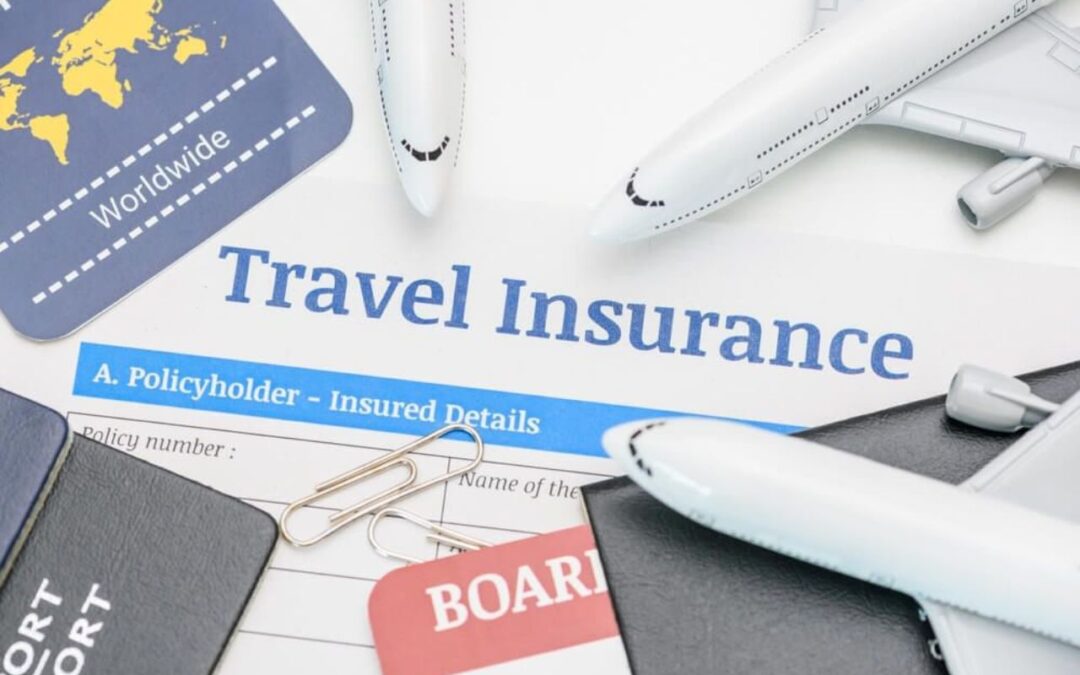Think travel insurance is just an extra fee? Investors understand that a small, intentional outlay can shield a far larger stake. We happily spend hours tracking the best deals on a flight ticket and a hotel, yet many still skip the insurance “add-on”, until a single mishap wipes out the entire holiday budget.
Post-Pandemic Reality Check
COVID-19 reframed risk overnight. An Allianz Partners India survey shows 85 % of Indians planning to travel in 2025 now intend to purchase travel insurance—a seismic jump from the single-digit uptake pre-2020.
The same study found that nearly half of the respondents had already saved INR 1.26 lakh or more for upcoming trips. Clearly, travellers see insurance not as a luxury but as protection for a sizable investment of cash and anticipation.
The Risk-Reward Economics
From a purely financial lens, travel insurance is compelling. Premiums typically range from 4 % to 12% of total trip cost. Paying, say, INR 5,000 to protect a INR 1,00,000 itinerary mirrors the logic of buying a put option to cap downside on a stock position: you sacrifice a sliver of upside to eliminate ruinous loss. Investors wouldn’t leave a INR 1-lakh position unhedged; why leave the same sum at risk on a trip?
Shielding Cash Flow From Disruption
Real-world numbers show how fast travel bills escalate. In 2024, emergency medical claims became the most common and highest-paid benefit, averaging $1,654 (≈INR 1.4 lakh) and climbing as high as $61,000 (INR 50 lakh). Evacuation flights alone routinely top $30,000 in developed regions.
Meanwhile, trip-cancellation payouts still averaged $1,456 (≈INR 1.2 lakh) as rising airfares and prepaid tours left travellers exposed. Without insurance, these costs come straight out of savings, forcing painful decisions like liquidating investments or dipping into emergency funds.
A Portfolio-Style Hedge for Your Holiday
Smart investors diversify and hedge; seasoned travellers can do the same. By transferring low-probability, high-impact risks to an insurer, you effectively cap the worst-case outcome of your “travel portfolio.”
Notably, Squaremouth reports an 18% year-on-year jump in insurance claims in 2024, confirming that more people are using policies as shock absorbers amid rising travel volatility. Treating insurance as a hedge doesn’t just guard against calamity; it also frees you to pursue richer experiences—adventure sports, remote destinations—knowing a safety net is in place.
Integrating Travel Into Holistic Financial Planning
Financial planning isn’t only about accumulating assets; it’s also about preserving capital across every life domain. A family that has budgeted INR 2-3 lakh for a European holiday is effectively allocating capital no different from a short-term goal fund. Leaving that allocation uninsured ignores the same risk-management principles applied to equities, real estate, or even a car purchase.
As Business Insider reminds readers, travel insurance is best for long, expensive, non-refundable, international trips, exactly the type of journeys ambitious Indian travellers increasingly favour.
Practical Framework for Valuing a Policy
Evaluate travel insurance the way you would any investment product:
- Quantify exposure: Add every non-refundable rupee—flights, hotels, tours.
- Price the hedge: Compare the premium as a percentage of that exposure; sub-10 % is often attractive.
- Match coverage to risk: Ensure medical limits cover worst-case bills at your destination and that cancellation limits match trip cost.
- Check claim reliability: Look at payout statistics and reviews; Squaremouth’s 2024 data shows prompt payments rising with claim volume.
- Align with personal context: Age, health, destination risk, and trip complexity all tilt the cost-benefit calculus.
Working through these steps turns a fuzzy “extra” into a clear-eyed financial decision.
Insurance as Return-Preserving Capital
Travel insurance won’t make your portfolio grow, but it can prevent a heart-stopping drawdown of cash you’ve earmarked for adventure, study, or family memories. Post-pandemic data, rising claim volumes, and escalating medical costs underline that the greatest ROI sometimes comes from protecting rather than multiplying capital.
The next time you refresh fare trackers for the perfect deal, remember that pressing “add insurance” is not surrendering money to a black hole. It’s buying peace of mind and safeguarding your travel returns. In the language of smart investing, that’s alpha through risk control.






